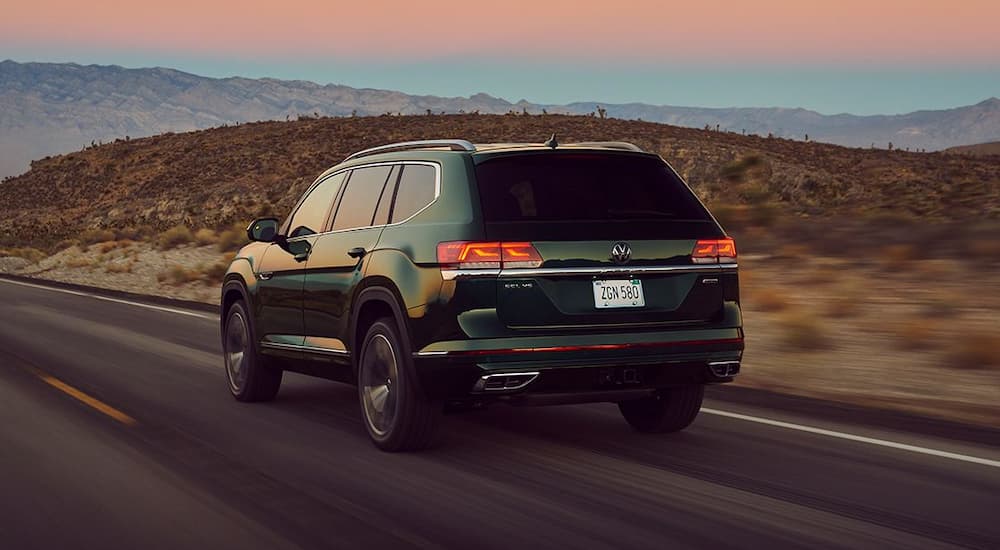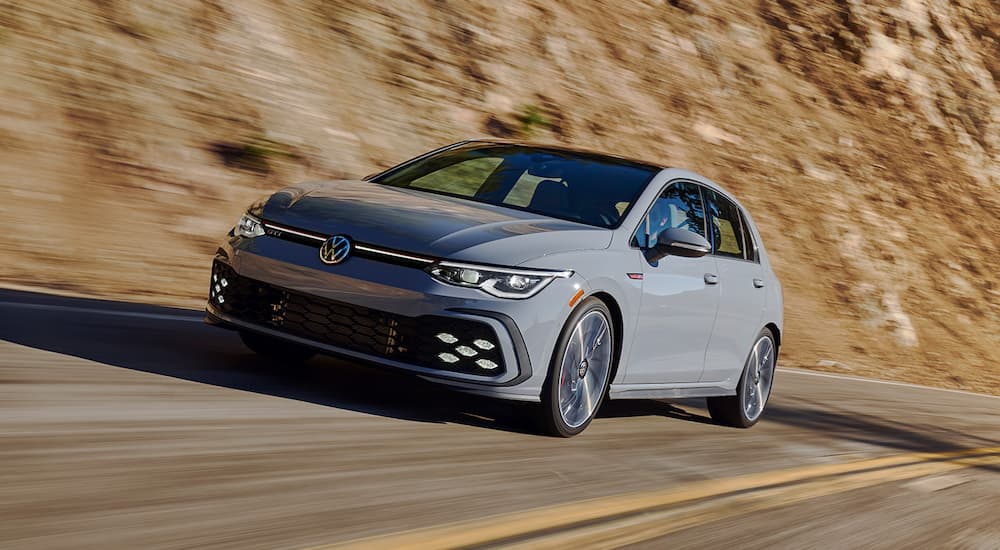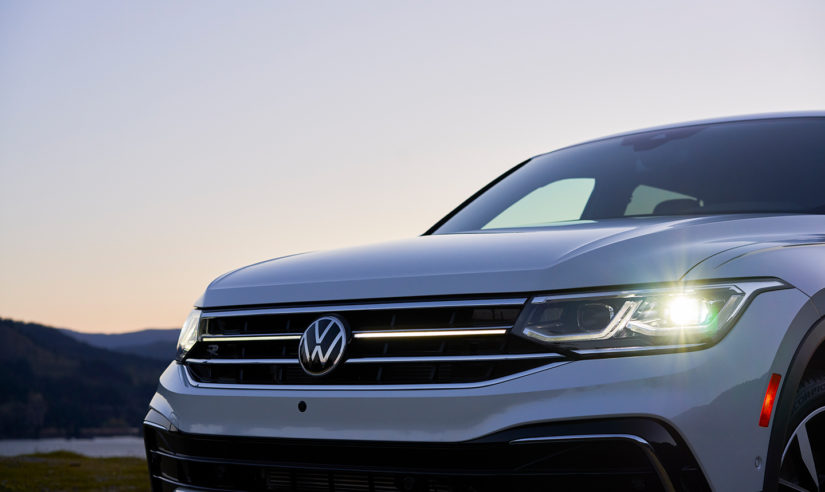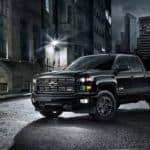Few automakers have created a reputation for technological innovation quite like Volkswagen. Over the course of its history, Volkswagen has set the standard for performance-based technology that is second to none. If you stop by your Volkswagen dealer, you will see for yourself how Volkswagen is leading the way. More than that, it has done so when up against larger domestic automakers and more expensive foreign luxury brands. So, when you buy a Volkswagen, you get cutting-edge technology that translates into top-notch performance, all at an affordable price.
One of the ways that Volkswagen is leading the way is with respect to electric vehicles (EVs). Volkswagen is set to invest $20 million into making sure that Volkswagen dealerships in all 50 states are ready to service EVs, like the 2022 Volkswagen ID.4. As Scott Keogh, the President and CEO of Volkswagen Group of America, points out, “With nine out of ten Volkswagen ID.4 buyers identifying as first-time EV buyers, I’ve never been more confident that the electric future is driven by Volkswagen.” This future was made possible by Volkswagen’s past dedication to innovation, which is paying dividends for drivers like you who are looking for exceptional performance that won’t break the bank. Let’s take a look back at 5 of the best technological performance features on Volkswagen vehicles.
High Performance From Smaller Engines
Going back to the famous Beetle that helped establish Volkswagen as a leading automaker, Volkswagen has made a living building small engines that deliver high output. Today, Volkswagen uses turbochargers, which can boost a vehicle’s horsepower without having to increase the size of the engine. As a result, you get better fuel economy and greater power.
There are some great examples of this waiting for you at your local Volkswagen dealer. The 2022 Volkswagen Jetta GLI sports a 2.0-liter turbocharged I-4 gas engine with 228 horsepower. Not only will it get you from 0 to 60 miles per hour in around 6 seconds, but it will also provide you with 30 miles per gallon combined. Similarly, the luxurious 2022 Volkswagen Arteon midsize sedan has a 2.0-liter I-4 gas engine that uses a combination of a turbocharger and a dual-clutch transmission to give you 300 horsepower, absolutely breathtaking performance from a relatively small engine. Finally, the 2022 Volkswagen Atlas Cross Sport features a choice of two high-performance engines that get more bang for the buck: a 2.0-liter turbocharged I-4 gas engine with 235 horsepower and a 3.6-liter V6 gas engine with 276 horsepower.

Superior Traction With 4MOTION All-Wheel Drive
Most automakers these days offer some type of all-wheel drive or four-wheel drive on their vehicles. Typically, these are part-time systems developed to be engaged under certain situations, whether to add traction in inclement road conditions or added grip when off-roading. However, they are often added to vehicles not originally designed for all-wheel drive. Volkswagen created the 4MOTION all-wheel drive system as one that is permanently engaged. This means that you won’t have to switch it on and off or hope that your vehicle’s electronic transfer case is functioning properly when you encounter the need for all-wheel drive. Instead, Volkswagen gives you a choice of four different all-wheel drive modes to better suit your current conditions: snow mode for winter weather, on-road mode for improved fuel economy, off-road mode for more torque on the trail, and off-road custom mode to let you set traction for whatever obstacle might cross the path of your Volkswagen.
The Volkswagen 4MOTION system distributes power evenly between the front and rear axles by way of a multi-plate clutch. This means that you will avoid a situation where you lose traction on one axle, causing a spinout or fishtailing. The 4MOTION system avoids this by detecting wheel slip and then transmitting power immediately to the wheel that is affected. The current Volkswagen models that offer the 4MOTION all-wheel drive system include the Atlas Cross Sport, Golf R, Taos, Tiguan, and Atlas.
IQ.DRIVE Makes Driving Safer and More Fun
Smart technologies were once the realm of Science Fiction writers, but as we have seen, automakers are among the industries that have made the most of these developments in recent years. Volkswagen has led the way with its IQ.DRIVE suite of driver assistance and safety features that harness smart technologies to improve the performance of its vehicles.
One of the most interesting features of IQ.DRIVE technology is Travel Assist. This provides semi-autonomous driving on certain Volkswagen models, just as long as you keep your hands on the steering wheel. Travel Assist helps to speed up or slow down your Volkswagen when the system detects changes in traffic conditions and even gives you steering support. This also works in conjunction with the Adaptive Cruise Control on the IQ.DRIVE so that you don’t need to adjust your Volkswagen’s speed when out on a long drive.
The other features of IQ.DRIVE are geared more toward vehicle safety. The Active Blind Spot Monitor will help keep you better aware of your surroundings when out on the road and will come in handy when changing lanes. Rear Traffic Alert detects vehicles in your Volkswagen’s path when backing up. Front Assist will automatically engage the emergency brakes if the system detects a potential collision. Lane Assist utilizes slight steering adjustments to keep you centered in your lane, helping prevent you from drifting into a potential accident. Finally, if the system thinks you are unresponsive, Emergency Assist will bring your Volkswagen to a safe stop.
DCC Adaptive Chassis Control Keeps Things Smooth and Sporty
The Volkswagen Arteon is a superior performance sedan, which features the most advanced dynamic chassis control system for its suspension system. This DCC Adaptive Chassis Control provides an exceptional balance of comfort and ride dynamics, enhancing the performance of the Arteon like a sports car while giving your passengers a smooth, comfortable ride, like a luxury sedan. In order to accomplish this seemingly paradoxical task, Volkswagen has designed the DCC to control the adaptive dampers in the Arteon’s suspension system through a driving profile selector. Drivers can choose from Normal, Comfort, Comfort+, Sport, and Sport+. Normal emphasizes fuel economy. Sport and Sport+ improve acceleration and handling, while Comfort and Comfort+ give you a smoother ride.

XDS Electronic Differential for Improved Traction and Handling
One issue that many drivers have with front-wheel drive vehicles is that they tend to emphasize fuel economy at the expense of traction and handling. As a result, drivers can find them more difficult to operate in inclement weather, with less responsiveness when it comes to cornering. Volkswagen has taken steps to address this with the XDS electronic differential lock, originally developed for the Volkswagen Golf GTI. This is a type of limited-slip differential for the front axle to give better traction and handling, almost like an all-wheel drive vehicle. When the system detects issues with the inside wheel of the Volkswagen when cornering, it will build up braking system pressure on the wheel to provide better traction. This will help keep your front-wheel drive on the road in wet weather and tight turns.
Using Technology to Enhance Performance
As you can see, Volkswagen is on the cutting edge of automotive technology. Each of the five areas covered above shows how Volkswagen has taken innovation and applied it to engine efficiency and performance, vehicle traction and handling, passenger safety, and passenger comfort. No matter which model of Volkswagen sedan, SUV, or EV you choose, you are going to find a vehicle that has taken technology and used it to give you an incredible ride. The amazing thing is that Volkswagen has done this while remaining one of the most affordable vehicles on the road today. This combination of performance, comfort, safety, and affordability represents why Volkswagen remains one of the top value propositions for drivers like you.



